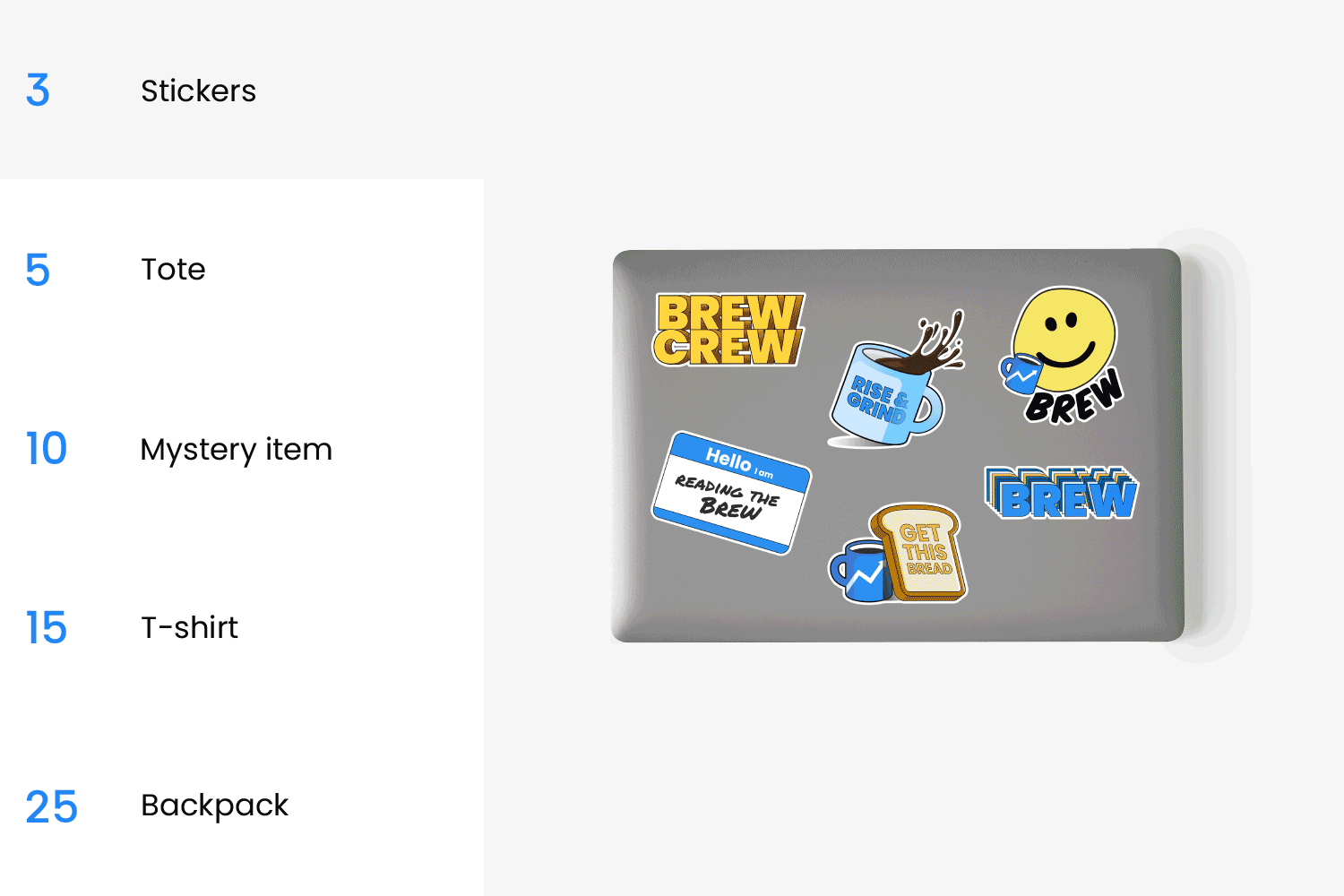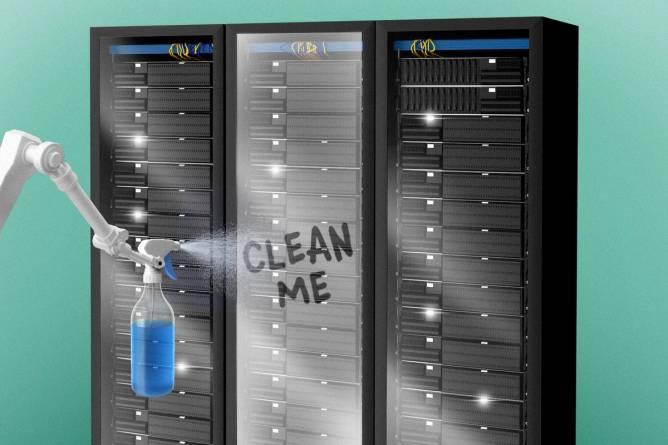The Pokémon Company
|
Gotta leak ’em all.
A breach affecting Game Freak, the company behind the popular Pokémon franchise, has exposed around 1 TB of data online. Game Freak made the announcement in a notice that was dated Oct. 10. The data was “leaked in connection with unauthorized access to our server by a third party in August 2024,” the company said.
Information in the around 2,600 files affecting employees leaked in the breach included names and company email addresses, Game Freak said. Both company staff and contract workers had their information exposed.
Rocket go. As of this writing, the full content of the files has not been released. But those looking through the information have reported that there are some internal game secrets in the data, including the release dates of several Pokémon game projects, as well as movies and TV shows. Prototype gameplay was also included in the leak. X account Centro Leaks has been disseminating the clips.
Read the rest here.—EH
|
|
But it doesn’t end there. Data loss leads to costly downtime and wasted developer cycles, too. That’s why you need to protect your data with a third-party backup and recovery platform like Rewind for your SaaS applications, including Jira, Confluence, GitHub, and more. Start a free trial. |
|
Emily Parsons
|
New research from cybersecurity company Group-IB shows that cybercriminals have been using phony trading apps to swindle unsuspecting individuals as part of a global “pig butchering” campaign.
Pig butchering is a form of investment fraud where scammers persuade their victims into making large investments on fake trading platforms. The scheme—which is commonly associated with cryptocurrency and is surprisingly vegan-friendly—refers to how scammers build trust with their victims before later draining them of their investments. The ruse has proven to be a lucrative cyber threat, with researchers from the University of Texas at Austin estimating that pig butchering scammers have stolen more than $75 billion from victims in the last four years.
Since May, Group-IB analysts have identified several fake mobile applications that have been disguised as trading platforms on the Google Play and Apple App Store, and used as part of the global scheme. The cybersecurity company, which was founded in Russia but shifted its headquarters to Singapore in 2019, has classified the fraudulent apps as members of the UniShadowTrade malware family and said the mobile applications were built using the UniApp Framework.
Read more here.—BM
|
|
Francis Scialabba
|
A new feature from Adobe aims to tell large language models (LLMs) to buzz off and find some other artwork to peruse for inspiration.
The metadata markers, considered a “nutritional label” by the software company, are tiny tags targeting a sprawling problem: how to protect digital art from AI models hungry to learn.
Creators can use the vendor’s “Content Credentials” to “signal” if they do not want their content used to train other market generative AI models, the vendor wrote on Oct. 8.
- A Content Authenticity web app (set for public beta launch in Q1 of 2025) lets artists digitally sign images, audio, and video files, adding info like name, website, and social media accounts, “helping to protect content from unauthorized use and ensure creators receive attribution,” according to Adobe’s October announcement.
- The app’s “Generative AI Training and Usage Preference” signals to generative AI models to move on to other artwork.
The future regulation is unwritten. A “signal,” however, requires model makers that notice it.
In an emailed statement to IT Brew, Andy Parsons, senior director for the Content Authenticity Initiative at Adobe, said the company is communicating with “other generative AI providers” about respecting the do-not-train preferences. Spawning, an opt-out aggregator for generative AI, has committed to recognizing this preference, Parsons noted.
Keep reading here.—BH
|
|
Francis Scialabba
Today’s top IT reads.
Stat: 71%. That’s how many women in IT across the US, UK, Spain, and Switzerland said they work longer hours to advance their careers, according to a survey by data protection company Acronis. (Network World)
Quote: “We don’t ask my 80-year-old mother to flag ransomware in an email…because she’s not a computer science expert.”—Ben Colman, CEO and co-founder of deepfake detection firm Reality Defender, on its real-time video deepfake detector tool (Wired)
Read: Abandoned Redbox kiosks have become a playground for hackers and aficionados of “free” DVDs. (404 Media)
The tech that connects: AI tech can help companies understand, optimize, and manage employee workflows. Explore the power of an intelligent digital adoption platform in Pendo’s new Playbook for intelligent digital adoption. Download the e-book here.* *A message from our sponsor.
|
|
|
Break free from the job-board cycle. CollabWORK connects you with relevant job openings curated specifically for communities you’re already part of—like IT Brew. Find high-quality opportunities and land your next big break by joining CollabWORK today.
|
|
|
Share IT Brew with your coworkers, acquire free Brew swag, and then make new friends as a result of your fresh Brew swag.
We’re saying we’ll give you free stuff and more friends if you share a link. One link.

Your referral count: 2
Click to Share
Or copy & paste your referral link to others:
itbrew.com/r/?kid=9ec4d467
|
|
ADVERTISE
//
CAREERS
//
SHOP
//
FAQ
Update your email preferences or unsubscribe
.
View our privacy policy
.
Copyright ©
2024
Morning Brew. All rights reserved.
22 W 19th St, 4th Floor, New York, NY 10011
|
|









